Current Section: model
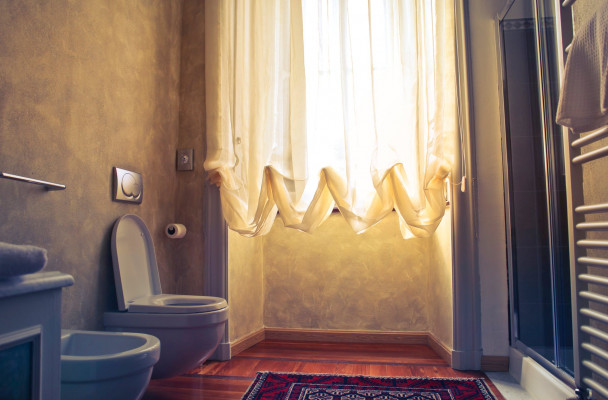
Lesson Manners of Purification from Excretions and Relieving Oneself (in the Bathroom)
The Manners of Relieving Oneself (in the Bathroom)
It is rewardable for one who wants to enter the bathroom to put his left foot first and say "Bismillah. Allahumma a'oothu bika minalkhubuthi walkhaba'ith" (In the name of Allah. O Allah, I seek refuge with you from the male filthy ones and female filthy ones).
It is obligatory upon a Muslim to cover his 'Awrah (private area) from the sight of people as he relieves himself.
And it is forbidden upon him to relieve himself in a place that harms people.
If he is in a barren land, it is forbidden for him to relieve himself in a burrow because it may have creatures that he may harm and they may harm him.
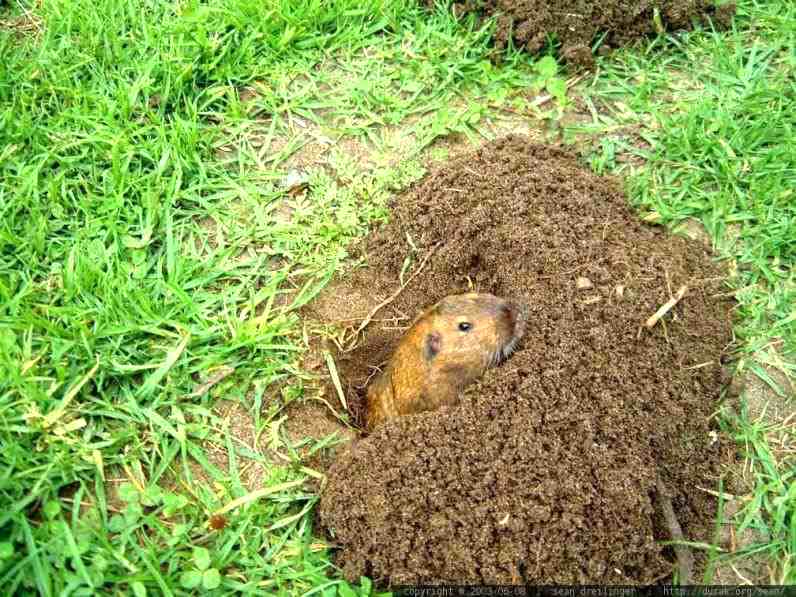
It is appropriate for him not to face the Qiblah (the direction of the Ka'bah) and not to turn his back to it as he relieves himself. On the other hand, if he was in a barren land and there is no wall to block him, then that is obligatory upon him, for the statement (of the Prophet) "If you go to the bathroom, then do not face the Qiblah and do not turn your back to it with urine nor stool" (Al-Bukahri 394, Muslim 264).
It is obligatory upon him to avoid any spraying impure substances from touching his clothes or body and it is upon him to wash off what has touched him from that.
If he relieves himself, then upon him is one of two things
Istinjaa': to clean the place where urine and stool comes out of the body with water
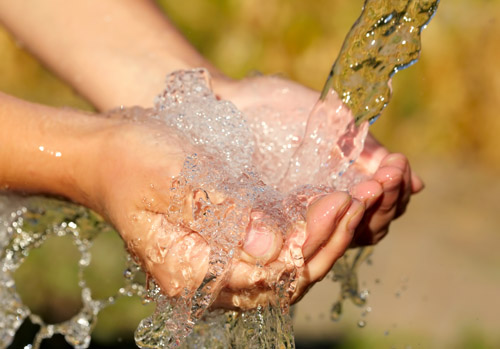
Istijmar: To clean the place where urine and stool come out from with three or more tissues, rocks and the like which purifies the body and cleans it from najasah (impure substances).
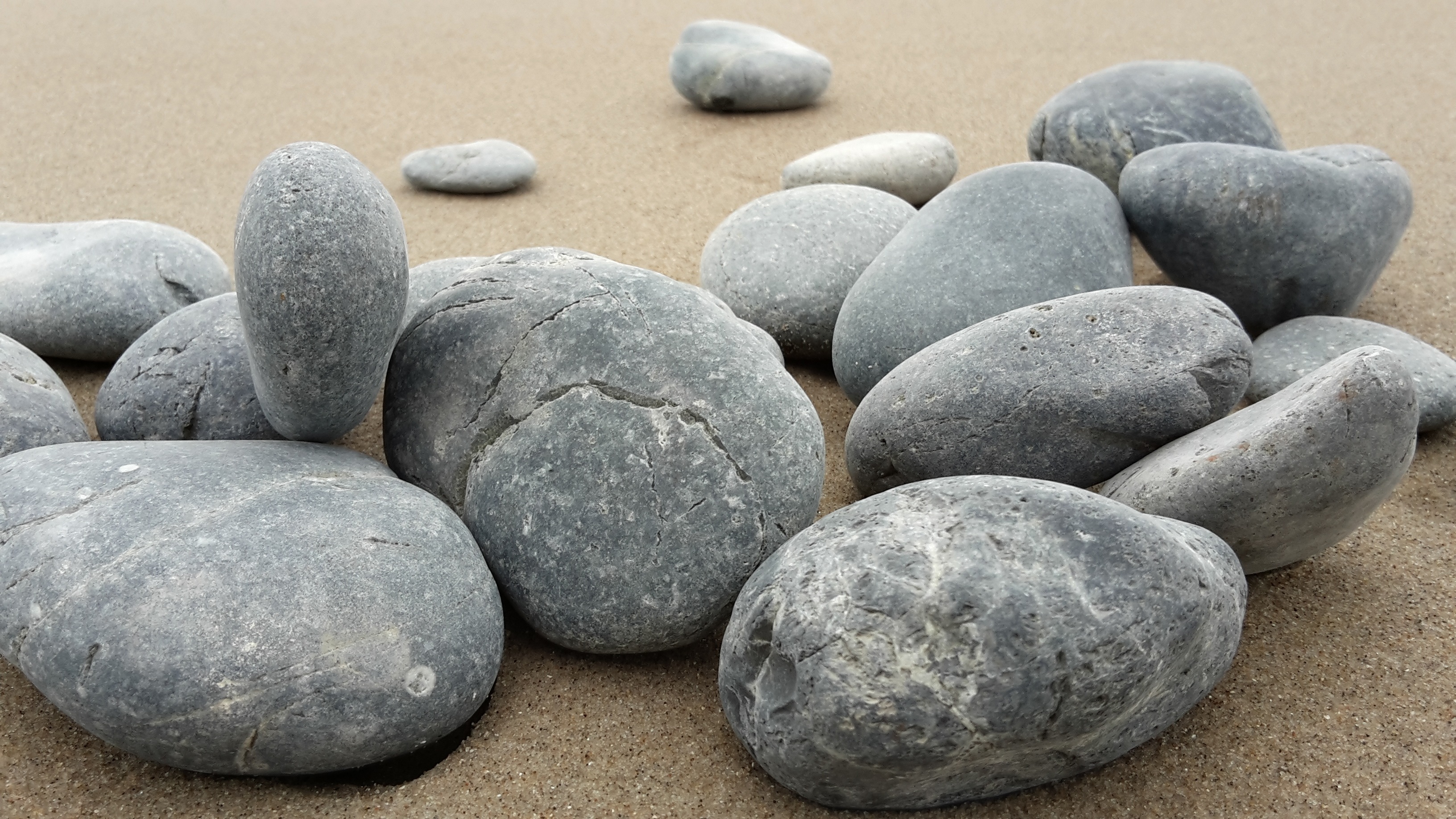
Hadath
A figurative state in the human that prevents him from performing prayer before he is purified and it is not something physically perceived like najasah.
Hadath is removed from a Muslim if he performs wudoo' or ghusul with Tahoor water. Tahoor water: the water that no najasah has mixed with it such that it would affect its color or taste or smell.
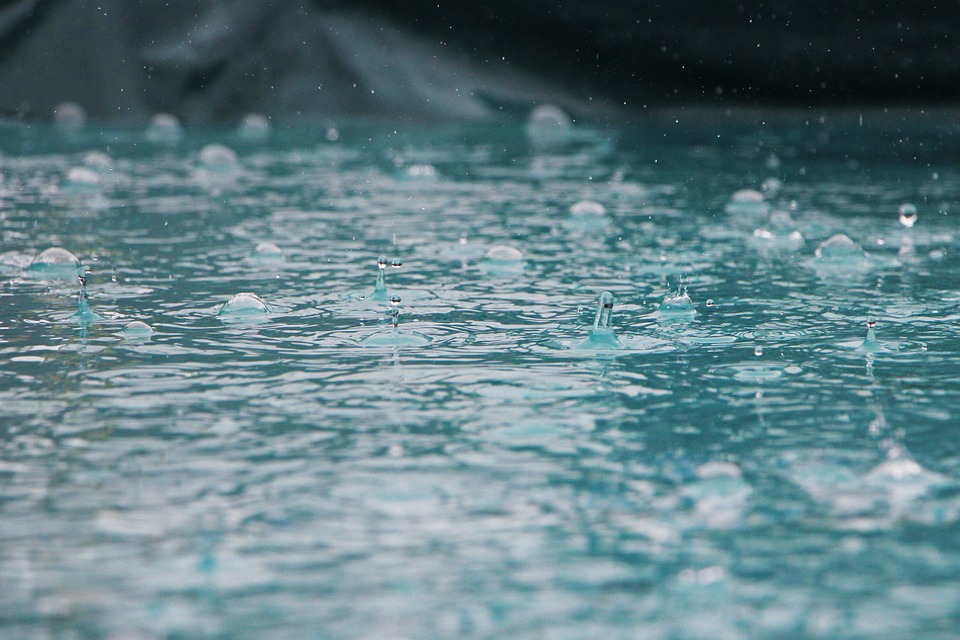
Hadath is divided into two categories
Minor Hadath and Wudoo' from it
If a Muslim does an action causing Minor Hadath, Wudoo' is necessary upon him for prayer. Among the situations of Minor Hadath (nullifiers of Wudoo'):
1. Urine and stool and everything that comes out from the places they come out from like gas. Allah, Exalted, says in mention of nullifiers of purity; ﴾ or one of you comes from the place of relieving himself﴿ (An-Nisaa': 43). And (the Prophet) ﷺ said with the one who doubts that he has caused Hadath in prayer "He should not leave until he hears a sound or finds a smell" (Al-Bukhari 175, Muslim 361)
2. Touching, by hand, private parts without a cover. (The Prophet) ﷺ has said " Whomever touches, by hand, his penis, then let him perform Wudoo'" (Abu Dawud 181).
3. Eating camel meat. The Prophet was asked "Should I perform Wudoo' from camel meats?". He said "Yes" (Muslim 360).
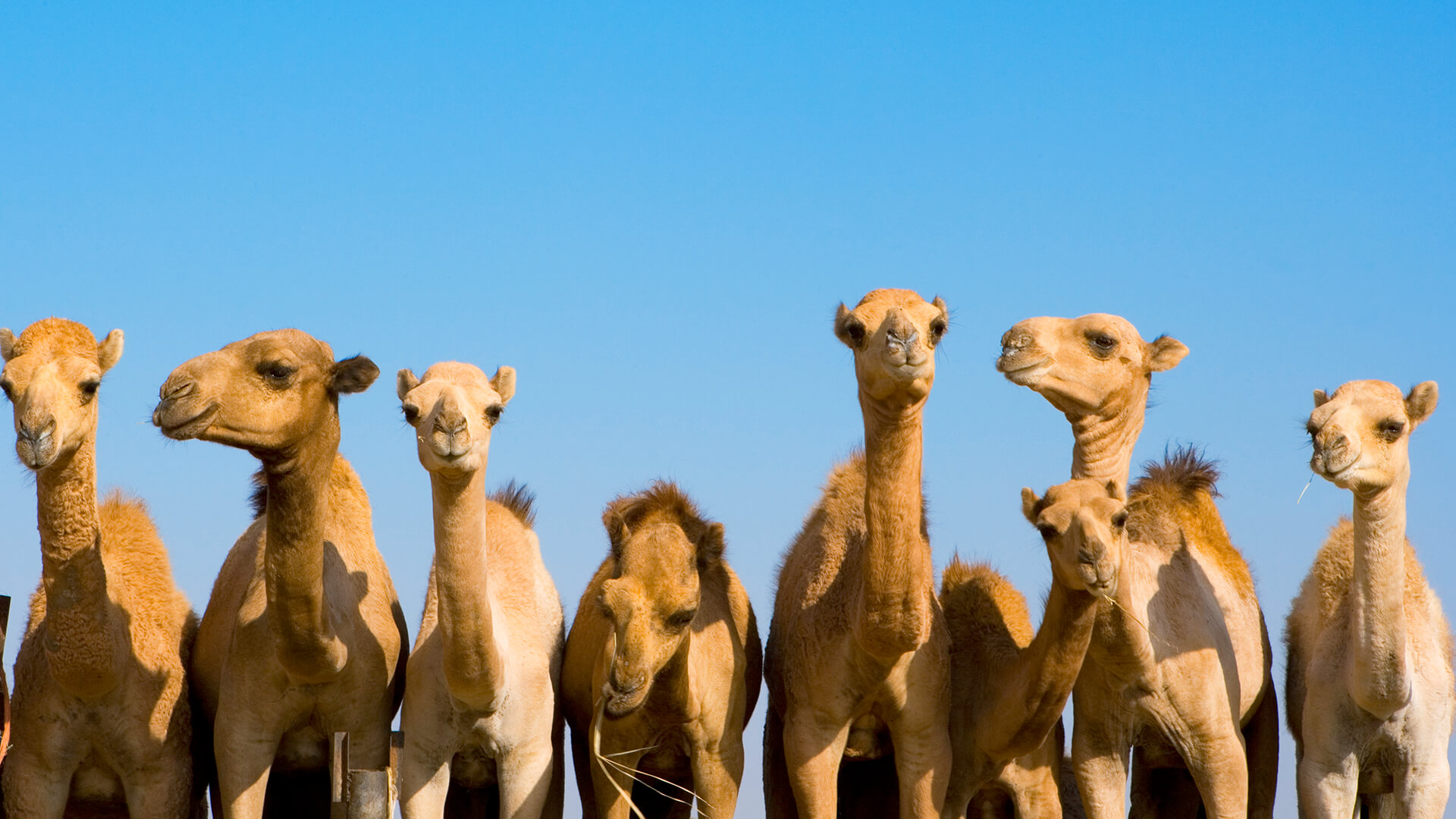
4. The disappearance of the mind by sleep, insanity, fainting, or drunkenness.



